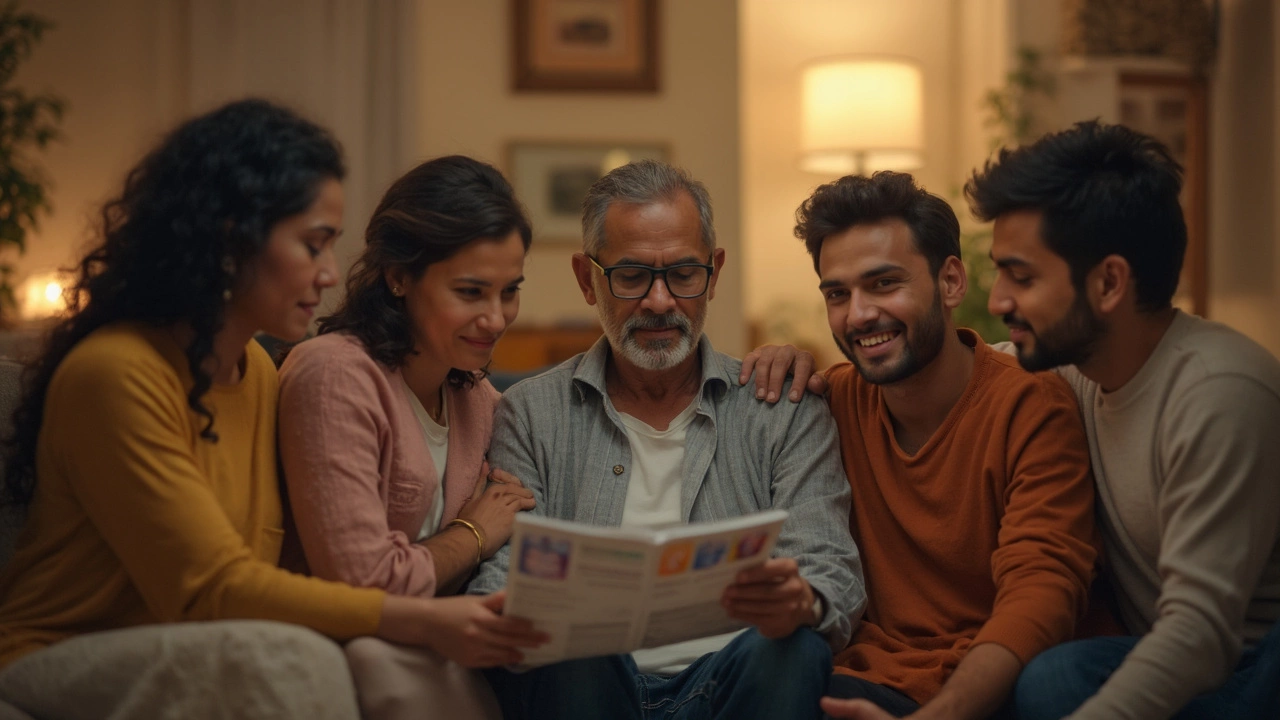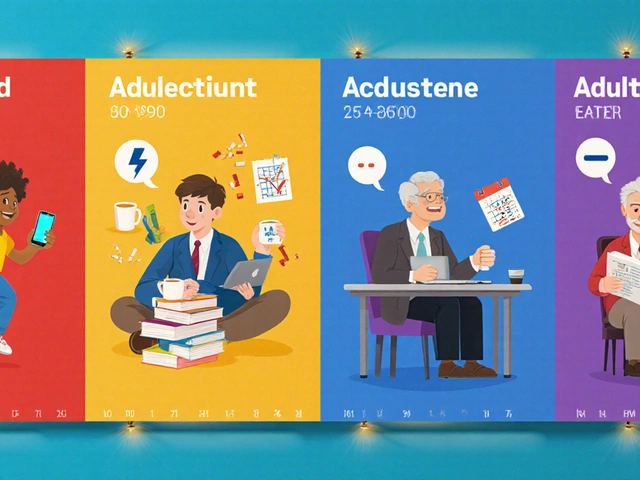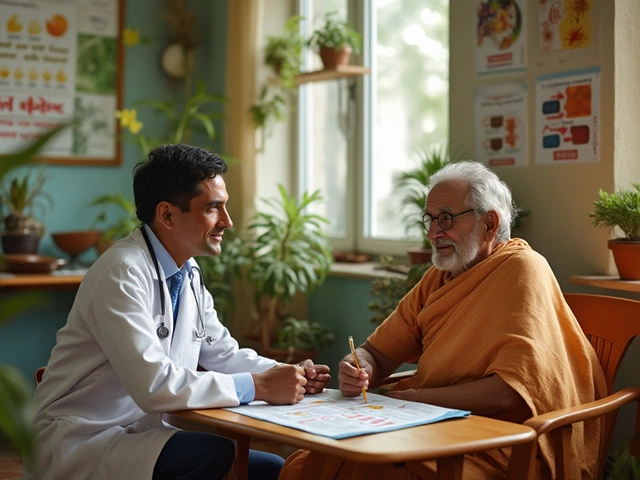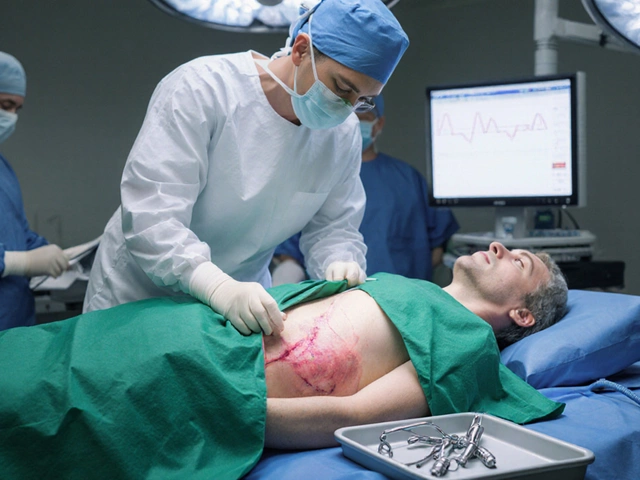Early Cancer Symptoms – Spot the Signs Before It’s Too Late
When dealing with Early Cancer Symptoms, subtle bodily changes that may signal the start of a malignant disease. Also known as initial cancer signs, they often appear before a formal diagnosis and can trigger faster medical action.
These signs are not random; they early cancer symptoms often include persistent fatigue, unexplained weight loss, unusual lumps, or changes in skin color. Cancer screening, systematic tests like mammograms, colonoscopies, and low‑dose CT scans is designed to catch these clues when they’re still tiny. Risk factors, behaviors or exposures such as smoking, heavy alcohol use, and family history can amplify the likelihood that early signs appear, so knowing your personal profile helps you stay alert. When a potential sign shows up, Diagnostic tests, procedures like biopsies, blood marker panels, and imaging studies confirm whether the change is benign or malignant. In short, early cancer symptoms encompass warning signs, require prompt medical attention, and are heavily influenced by risk factors; cancer screening helps detect them early, while diagnostic tests provide the definitive answer.
What to Watch For and How to Act
Think of your body as a news feed: sudden, persistent changes are the alerts you shouldn’t ignore. A new cough lasting weeks, blood in stool, or a sore that won’t heal can all be early red flags. Because these signals often mimic harmless issues, the key is consistency—if something lingers beyond the usual healing window, schedule a check‑up. Your doctor will likely start with a basic exam and then move to the appropriate diagnostic test based on the symptom pattern and your risk factor profile. Early detection not only improves treatment options but also boosts survival rates, making the difference between a routine procedure and aggressive therapy. Keep a simple log of any odd sensations, share it with your healthcare provider, and stay informed about the latest screening guidelines that match your age and family history.
Below you’ll find a curated set of articles that break down each common symptom, explain when to seek screening, and share real‑world stories of people who caught cancer early. Dive in to arm yourself with the knowledge that can turn a vague worry into proactive health care.

Fastest Killing Cancer: What You Need to Know About Rapidly Fatal Types
Some cancers can move fast—so fast that doctors scramble to get ahead of them. This article breaks down which cancers kill most quickly, why they’re so aggressive, and what research says about catching them early. You’ll get the facts on warning signs, treatment options, and tips to spot trouble when something feels off. Most importantly, you’ll walk away empowered to talk to your doctor and not ignore strange symptoms.
read more



